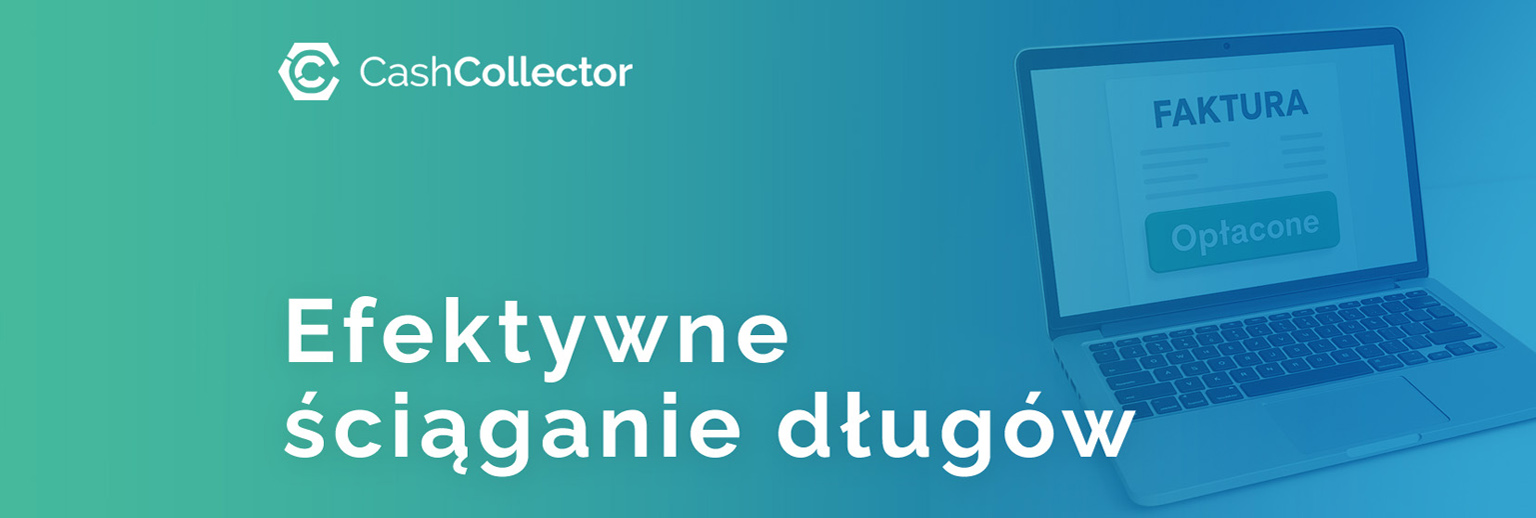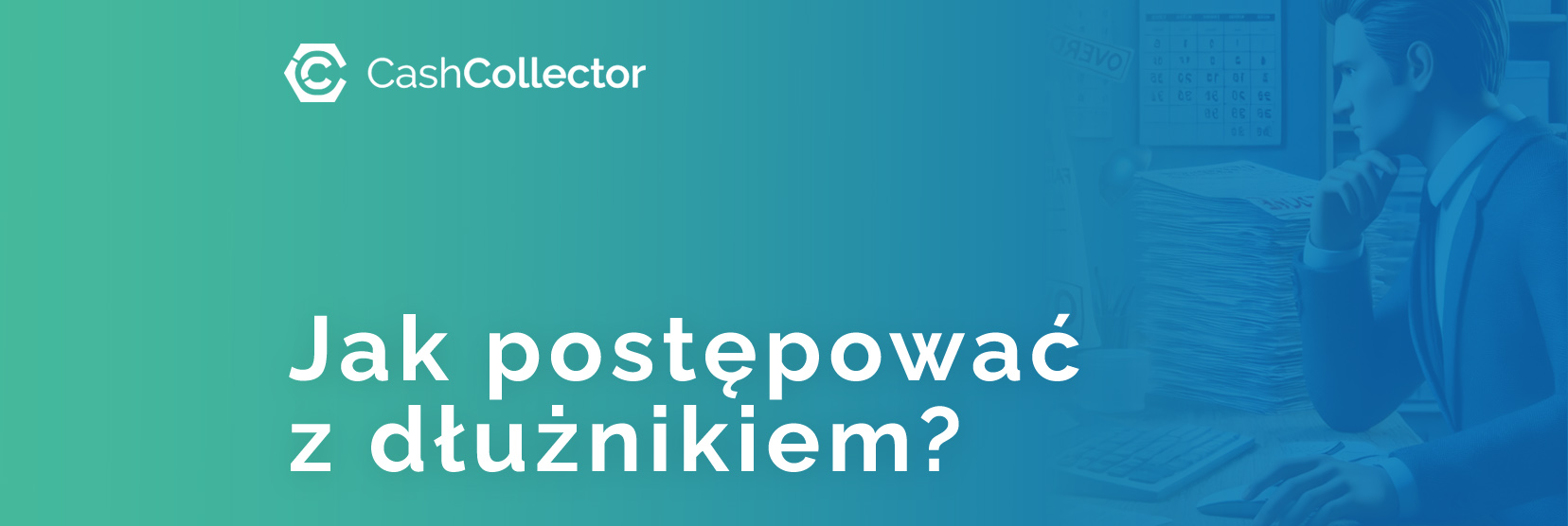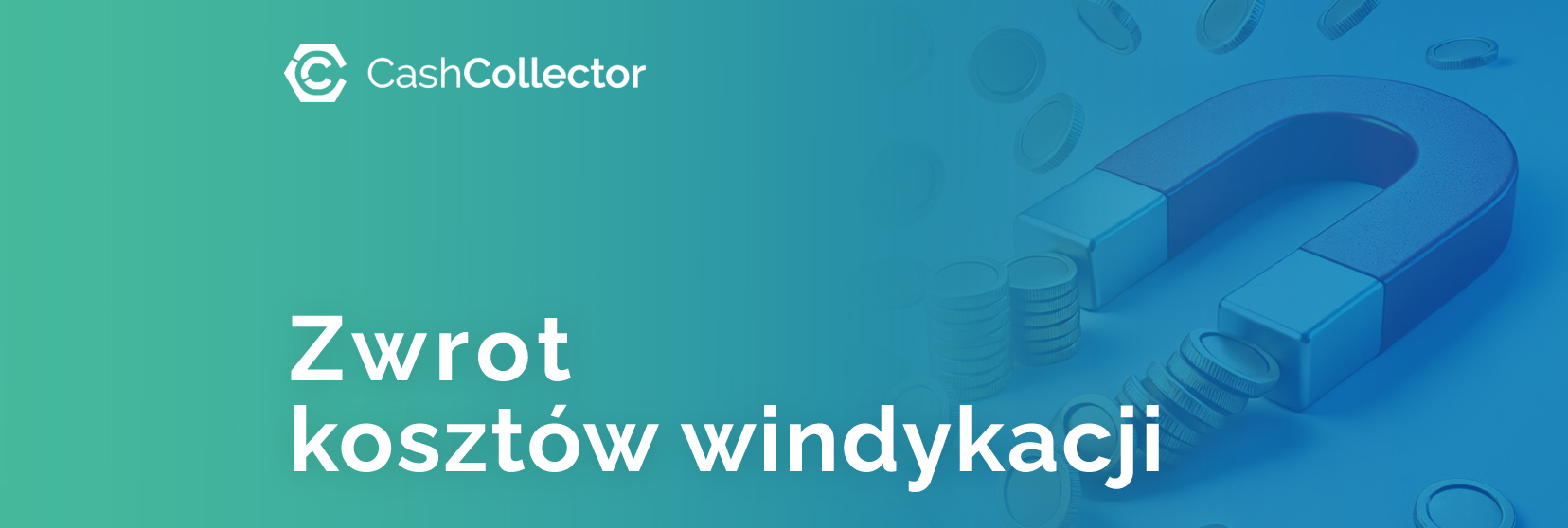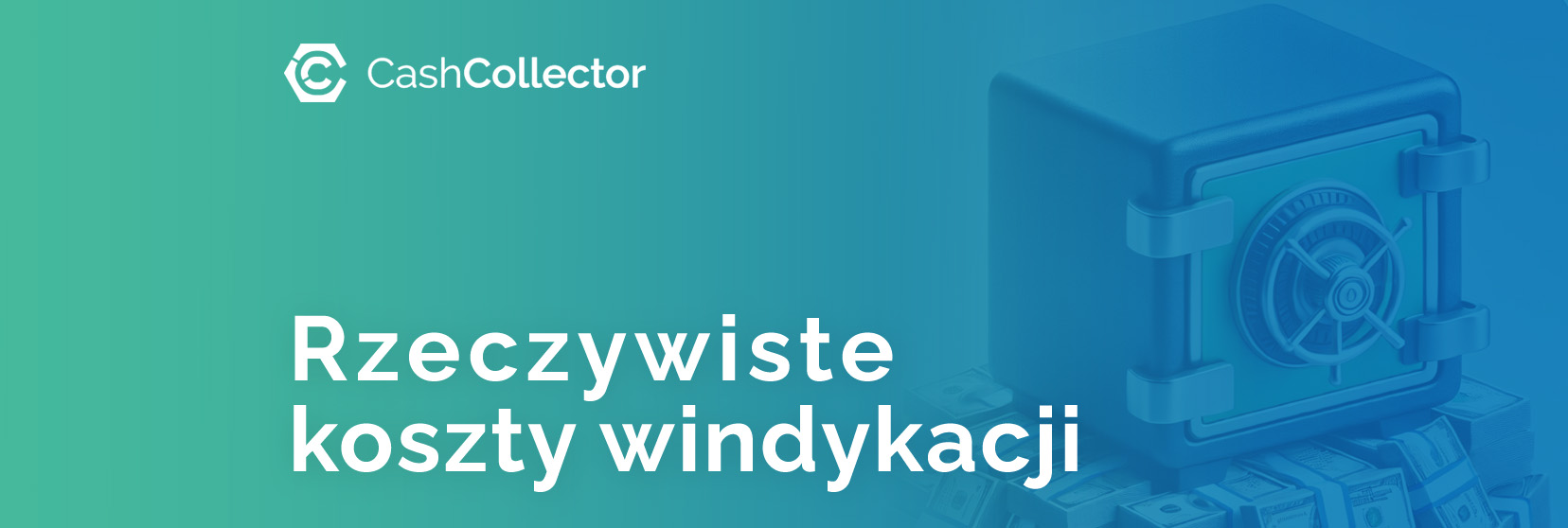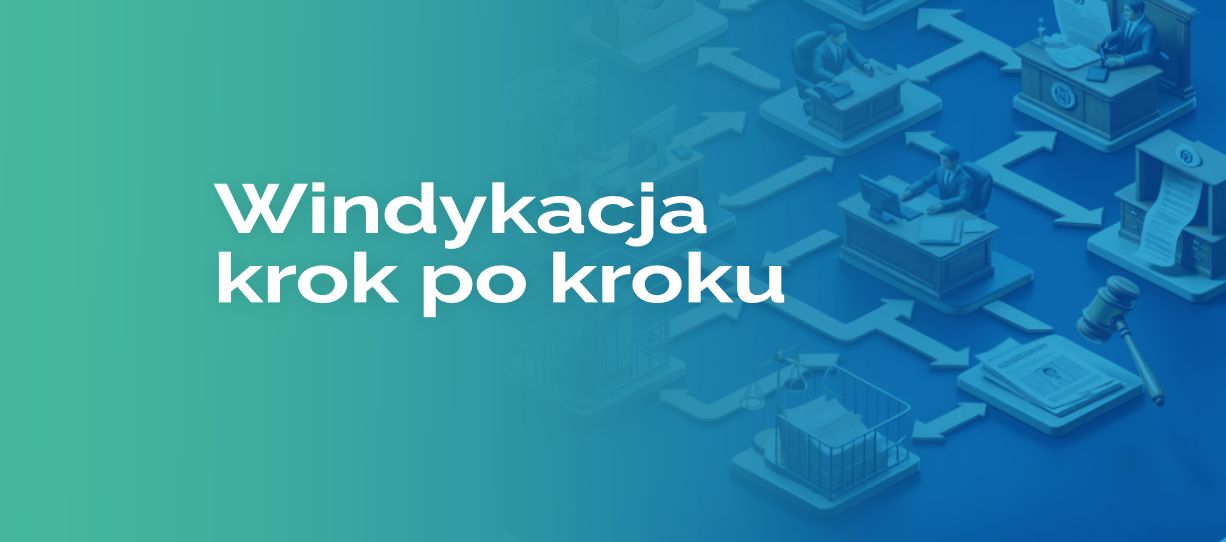Porady
26.07.2024
Czy istnieje minimalna kwota windykacji? To pytanie nurtuje wielu przedsiębiorców, zwłaszcza tych, którzy borykają się z nieuregulowanymi płatnościami. W dzisiejszym artykule rozwiejemy wątpliwości i przyjrzymy się, czy istnieje jasno określona granica, od której warto rozpocząć proces odzyskiwania należności.
Ile wynosi minimalna kwota windykacji?
W polskim prawie nie istnieje minimalna kwota windykacji. Oznacza to, że nawet należność w wysokości kilkunastu złotych może prowadzić do działań windykacyjnych.
Zanim jednak rozpoczniesz proces, warto wziąć pod uwagę koszty i zastanowić się, czy są one uzasadnione w stosunku do kwoty zadłużenia. Pamiętaj, że możesz również skorzystać z pomocy firm, które w ramach stałego abonamentu windykują nawet najmniejsze należności.
Poniżej kilka potencjalnych kosztów, jakie mogą pojawić się w związku z tradycyjnym procesem odzyskiwania należności.
-
- Koszty administracyjne:
-
- Opłaty związane z przygotowywaniem dokumentów i formalnościami związanymi z procesem windykacyjnym.
-
- Koszty związane z przesyłaniem przypomnień i wezwań do zapłaty.
-
- Koszty administracyjne:
-
- Koszty komunikacyjne:
-
- Wydatki na połączenia telefoniczne, korespondencję mailową czy przesyłki dotyczące windykacji.
-
- Koszty związane z monitorowaniem komunikacji z dłużnikiem.
-
- Koszty komunikacyjne:
-
- Koszty prawnicze:
-
- Honoraria dla prawników lub firm świadczących usługi prawnicze w ramach windykacji.
-
- Opłaty sądowe związane z ewentualnymi postępowaniami sądowymi.
-
- Koszty prawnicze:
-
- Koszty związane z egzekucją sądową:
-
- Opłaty komornicze w przypadku skierowania sprawy do egzekucji sądowej.
-
- Koszty związane z wszelkimi działaniami egzekucyjnymi, takimi jak zajęcie rachunku bankowego czy komornicza licytacja mienia dłużnika.
-
- Koszty związane z egzekucją sądową:
-
- Koszty usług firm windykacyjnych:
-
- Opłaty za usługi firm windykacyjnych, które mogą oferować pomoc w procesie odzyskiwania należności.
-
- Koszty usług firm windykacyjnych:
-
- Koszty utraty czasu:
-
- W przypadku prowadzenia procesu windykacji samodzielnie, koszty związane z utratą czasu, który można by poświęcić na inne aspekty prowadzenia biznesu.
-
- Koszty utraty czasu:
Warto zaznaczyć, że nie zawsze wszystkie te koszty występują jednocześnie, a ich wysokość może zależeć od specyfiki danego przypadku. Dla wielu przedsiębiorców ważne jest również zastanowienie się, czy koszty te są uzasadnione w kontekście potencjalnej odzyskanej kwoty oraz czy skorzystanie z profesjonalnych usług może być bardziej efektywne i ekonomiczne.
Czy windykacja małych sum się opłaca?
Opłacalność windykacji małych sum zależy od kilku czynników. Warto zastanowić się, czy koszty związane z procesem windykacyjnym nie przewyższają samej kwoty do odzyskania. Wykorzystując tradycyjne metody, zazwyczaj minimalna kwota windykacji, przy której proces staje się opłacalny, wynosi klika tysięcy złotych.
Cały proces windykacji jest kompleksowy i obejmuje kilka kluczowych etapów. Poniżej przedstawiamy ogólny zarys, opisując, co się dzieje na każdym z nich.
-
- Przypomnienie o płatności: na tym etapie wierzyciel wysyła dłużnikowi przypomnienie o zaległej płatności. To zazwyczaj stanowi pierwsze podejście do ugody bez konieczności korzystania z usług zewnętrznych firm windykacyjnych.
-
- Wezwanie do zapłaty: jeśli przypomnienie nie przyniosło rezultatu, wierzyciel może wysłać bardziej stanowcze wezwanie do zapłaty, określając ewentualne konsekwencje prawne w przypadku braku uregulowania zobowiązań.
-
- Miękka windykacja: w przypadku braku reakcji ze strony dłużnika, może być podjęta miękka windykacja. To stadium, w którym do akcji wchodzą profesjonalne firmy windykacyjne, starając się osiągnąć polubowne rozwiązanie bez konieczności skierowania sprawy do sądu.
-
- Postępowanie sądowe: jeśli miękka windykacja nie przyniosła rezultatu, wierzyciel może podjąć decyzję o wszczęciu postępowania sądowego. W tym przypadku, sprawę przekazuje się do sądu, który może wydać wyrok nakazujący dłużnikowi spłatę długu.
-
- Egzekucja sądowa: po uzyskaniu wyroku sądowego, jeśli dłużnik nadal nie reguluje zobowiązań, można podjąć kroki w celu egzekucji sądowej. To oznacza, że komornik może podjąć różne środki, takie jak zajęcie rachunku bankowego czy licytacja mienia, aby odzyskać dług.
-
- Kontynuacja działań windykacyjnych: nawet po uzyskaniu wyroku i ewentualnej egzekucji, działania windykacyjne mogą nadal trwać, zwłaszcza jeśli nie odzyskano pełnej kwoty długu. Firmy windykacyjne mogą kontynuować starania o uregulowanie reszty zobowiązań.
Przy mniejszych kwotach często bardziej sensowne jest szukanie rozwiązań takich jak polubowne uregulowanie sprawy lub skorzystanie z usług firm oferujących abonament.
Minimalna kwota windykacji – jak wyegzekwować niewielkie należności jako firma?
W przypadku niewielkich należności, warto rozważyć różne metody windykacji. Możesz skorzystać z:
-
- polubownego rozwiązania,
-
- skorzystać z usług zewnętrznych firm windykacyjnych,
-
- skorzystać z nowoczesnych rozwiązań, takich jak Cash Collector – zautomatyzowany system windykacji dla firm.
Cash Collector oferuje skuteczne wsparcie, zwłaszcza w przypadku odzyskiwania niskich kwot, dzięki automatycznym procesom, globalnemu działaniu i niskim kosztom. Platforma, dzięki współpracy z wyspecjalizowaną siecią prawników i komorników, którzy koordynują akcje dostosowane przez AI, działa zgodnie z przepisami obowiązującego prawa, a także w etyczny sposób.
Na czym polega problem z windykacją małych należności?
Problemy z windykacją małych należności często wynikają z kosztów i nakładów czasowych, które są potrzebne do przeprowadzenia skutecznej windykacji. W przypadku niskich kwot tradycyjne metody windykacyjne mogą być mniej opłacalne. Dlatego warto szukać nowoczesnych rozwiązań, które umożliwiają efektywne odzyskiwanie nawet niewielkich sum. Warto również wiedzieć, że na skuteczność procesu windykacji wpływa terminowość, a więc nie warto zwlekać z podjęciem decyzji.
Jak uniknąć zbędnych kosztów związanych z windykacją?
Aby uniknąć zbędnych kosztów związanych z windykacją, warto zainwestować w rozwiązania, które są skuteczne, a jednocześnie ekonomiczne. Cash Collector oferuje transparentny cennik, który pozwala unikać nieprzewidywalnych kosztów. W ten sposób firma może efektywnie zarządzać procesem windykacji, niwelując niepotrzebne wydatki.
Czy istnieje minimalna kwota windykacji? Odpowiedź jest zależna od wielu czynników, ale jedno jest pewne – nowoczesne rozwiązania sprawiają, że proces odzyskiwania nawet niewielkich należności staje się prostszy, bardziej opłacalny i efektywny. Warto zainwestować w narzędzia, które umożliwiają skuteczną windykację, niezależnie od kwoty zadłużenia. Więcej na temat usługi Cash Collector znajdziemy na stronie www.cashcollector.eu.


